Marriage has been a cornerstone of human society for centuries, evolving from ancient traditions to contemporary practices. This journey reflects the changing values, norms, and expectations of different cultures and times. In this article, we will explore the historical evolution of marriage, the impact of cultural influences, and the modern dynamics of marital relationships. I will also share my personal experience to give a deeper connection to the topic.
The Historical Evolution of Marriage
- Traditional Marriages: In many cultures, marriage was primarily a social and economic contract. It often involved arranged unions to strengthen family alliances, secure property, and make sure of lineage. Love and personal choice were secondary considerations.
- Religious Significance: As societies evolved, marriage took on religious significance. Many religions viewed it as a sacred bond ordained by divine will. Rituals, ceremonies, and moral codes surrounding marriage were established to uphold its sanctity.
- Medieval and Renaissance Eras: During the mediaeval period, marriage continued to serve as a tool for political alliances and social stability. But, the Renaissance brought about a shift toward romantic love and personal fulfilment, influencing the perception of marriage.
- Modern Times: The industrial revolution and later social changes in the 19th and 20th centuries further transformed marriage. With greater emphasis on individual rights and gender equality, marriage began to be seen as a partnership based on mutual love and respect.
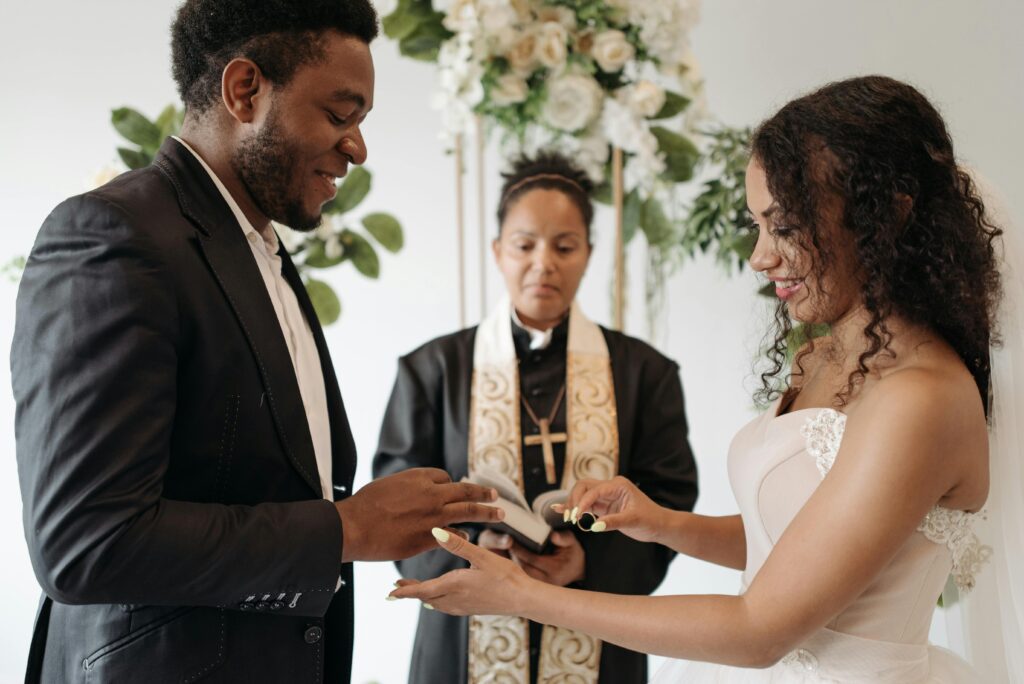
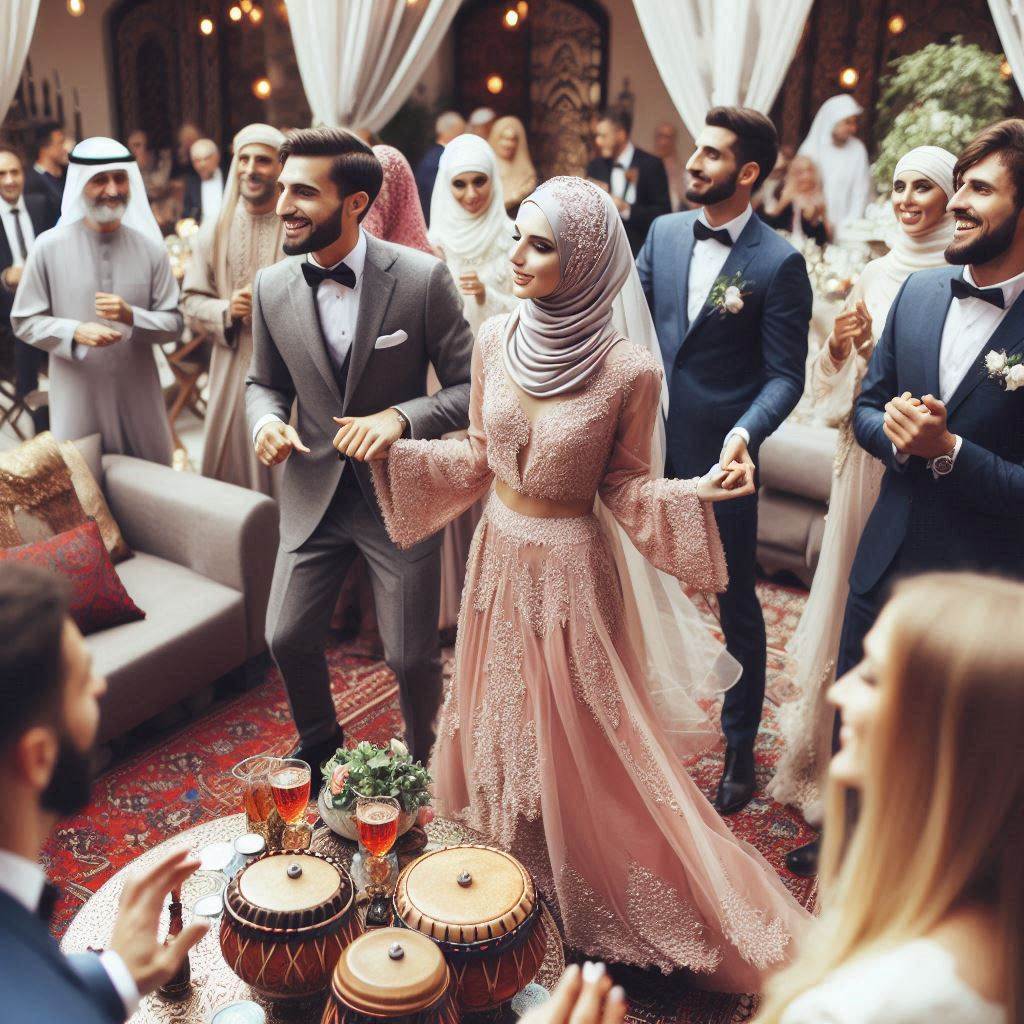
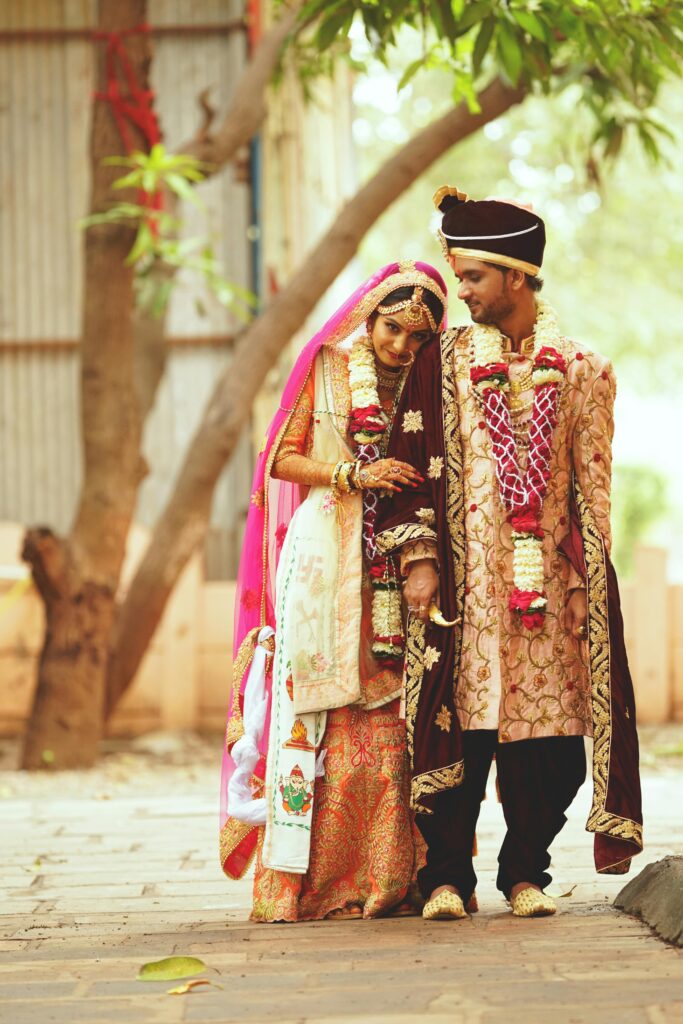
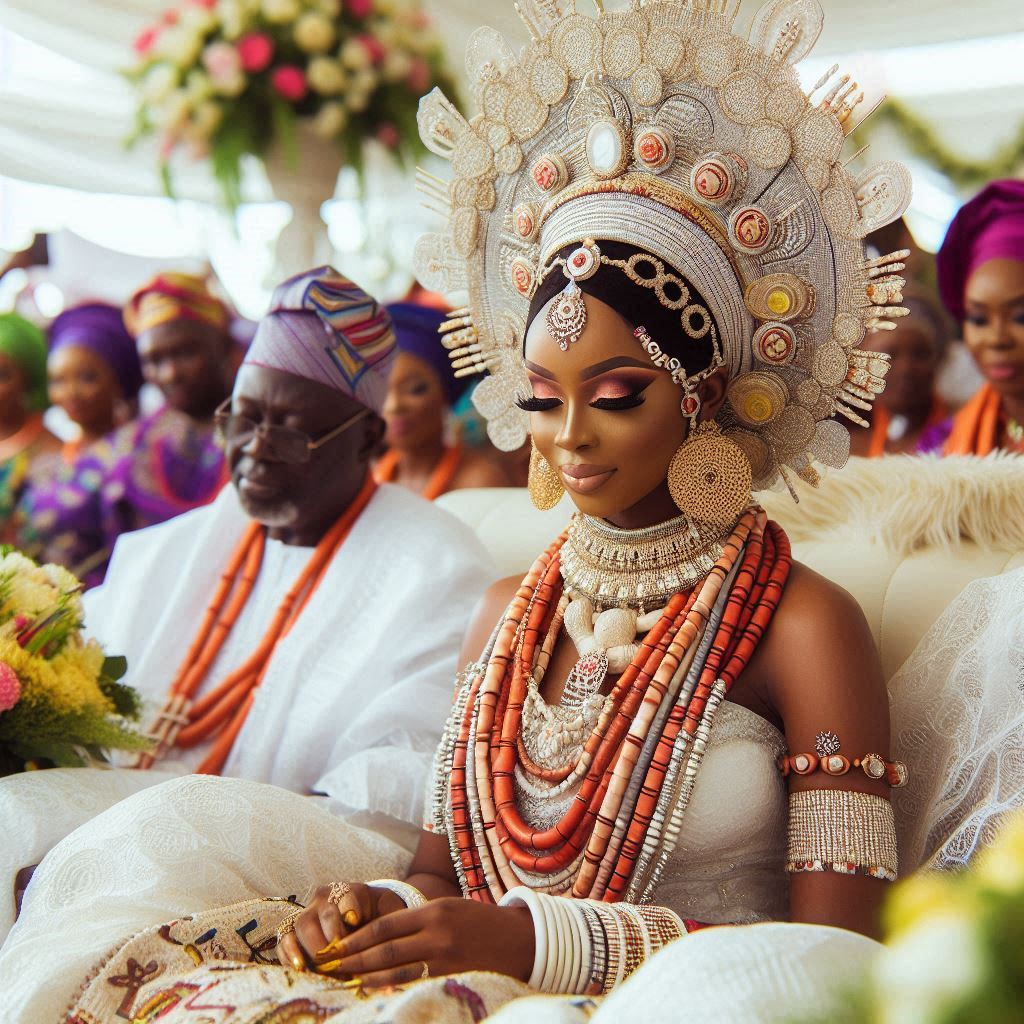
Cultural Influences on Marriage
- Western Cultures: In Western societies, marriage has largely evolved into a union based on love, companionship, and personal choice. The concept of “soulmates” and the pursuit of happiness have become central to marital relationships. Legal changes, like the recognition of same-sex marriages, show the growing inclusivity and diversity of modern marriage.
- Eastern Cultures: In many Eastern cultures, traditional views on marriage still hold significant sway. Arranged marriages, guided by family elders, stay common. But younger generations are increasingly seeking a balance between tradition and personal choice, leading to more love marriages and intercultural unions.
- African and Middle Eastern Cultures: In various African and Middle Eastern cultures, marriage often involves extended family and community participation. Practices such as dowry and bride price are still prevalent. These cultures emphasise the social and communal aspects of marriage, although modern influences are gradually reshaping these traditions.
- Indigenous Cultures: Indigenous cultures around the world have diverse marital customs, often deeply rooted in spiritual beliefs and community values. These practices highlight the unique cultural heritage and social structures of indigenous peoples.
My Personal Experience
My own wedding was a beautiful blend of tradition and modernity, deeply rooted in our cultural heritage yet personalised to show our unique journey together. As the big day approached, I was filled with a mix of nervousness and excitement. The anticipation of standing before our loved ones and making a lifelong commitment was overwhelming, yet the joy and love I felt for my partner made every moment special.
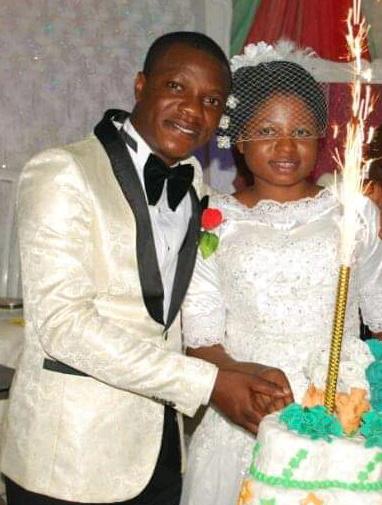
Walking down the aisle, I felt a wave of emotions – my heart raced with nervousness, but it was also filled with immense happiness. The vows we exchanged were more than words; they were promises that bound us together in a journey of love and partnership. The presence of our family and friends, their smiles, and their blessings added a profound sense of community to our union.
The birth of our first child marked a new chapter in our marriage, bringing indescribable joy and a deeper sense of purpose. Holding our baby for the first time, I realised that every moment of nervousness, every challenge we faced, was worth it. Our child became the living testament to our love and commitment, making our bond even stronger.
In Conclusion
The evolution of marriage reflects the dynamic interplay between tradition, culture, and modernity. While the core principles of love, commitment, and partnership stay constant, the forms and practices of marriage continue to adapt to changing social values and individual aspirations. My own experience highlights the profound joy and fulfilment that marriage can bring, from the nervous excitement of the wedding day to the deep happiness of welcoming a child. Understanding this evolution helps us appreciate the diverse ways in which marriage enriches our lives and society.

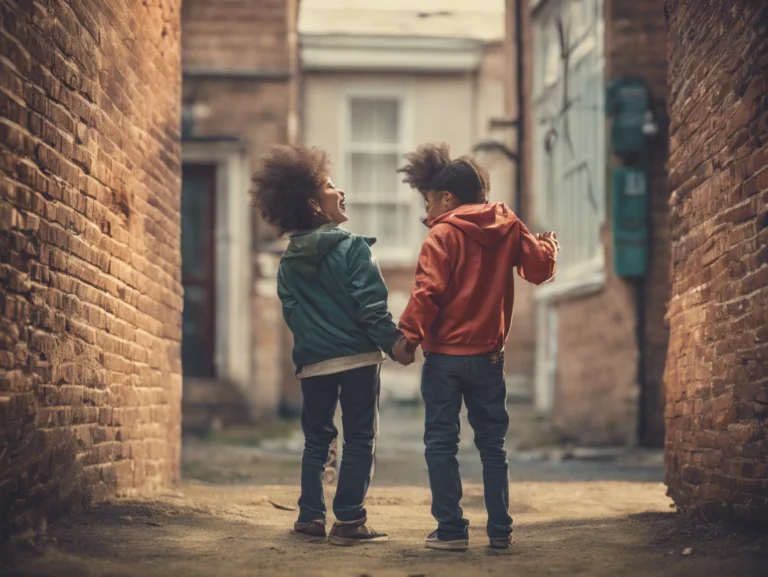
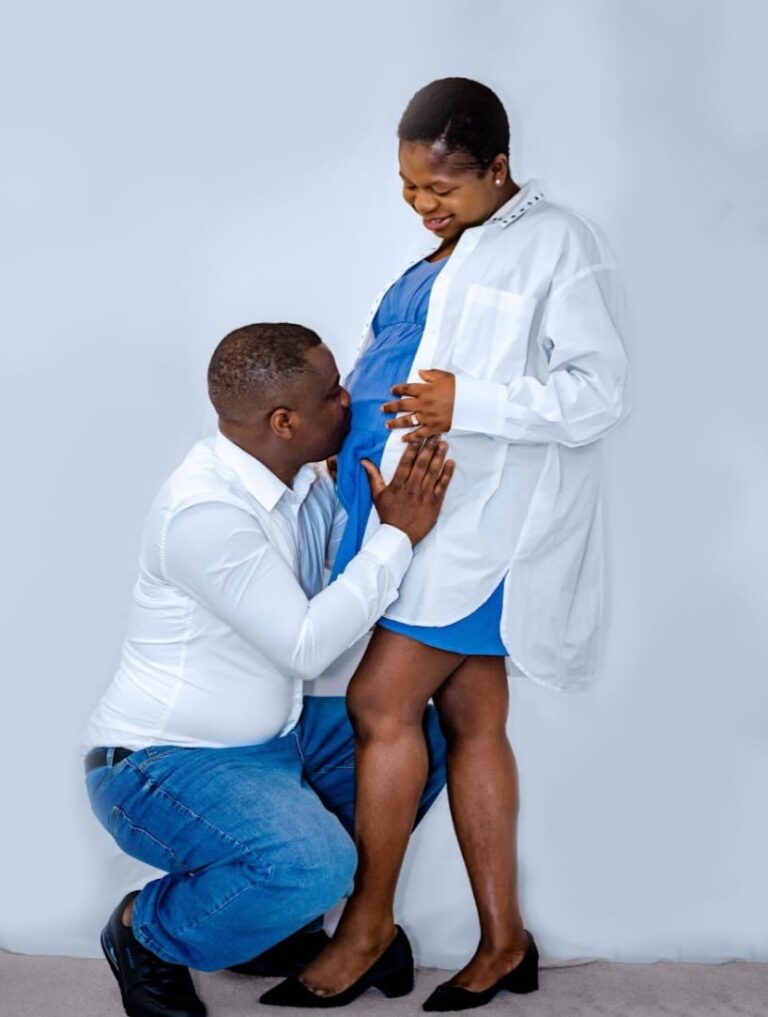
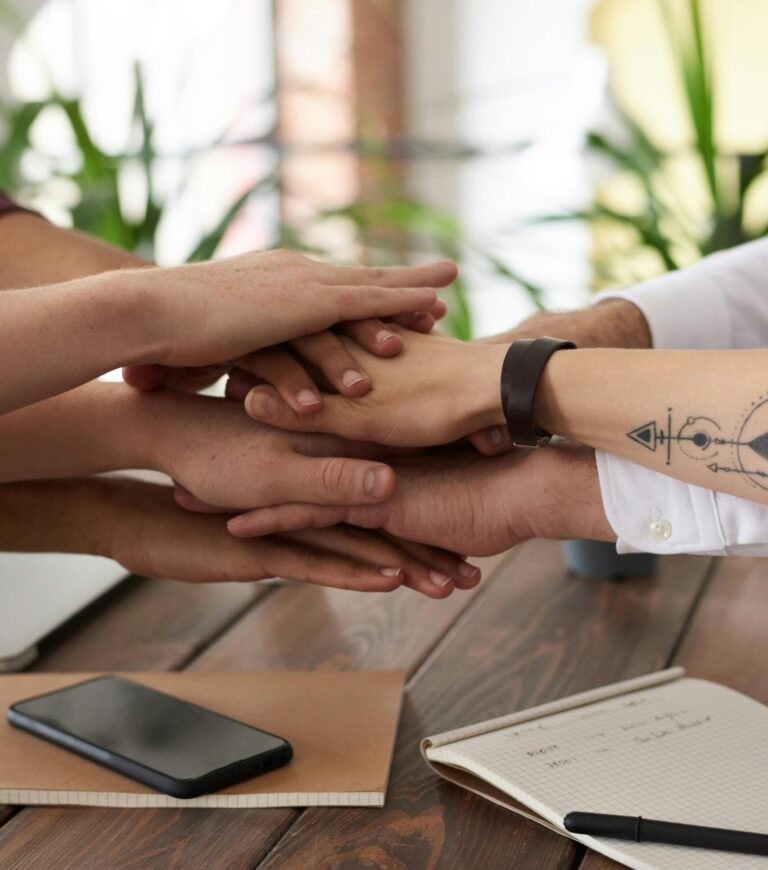
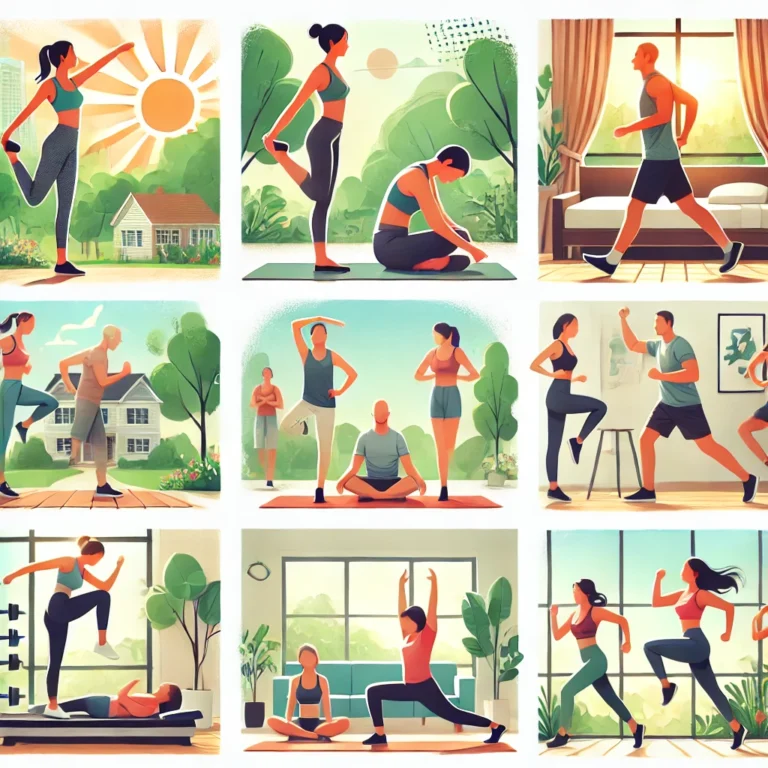

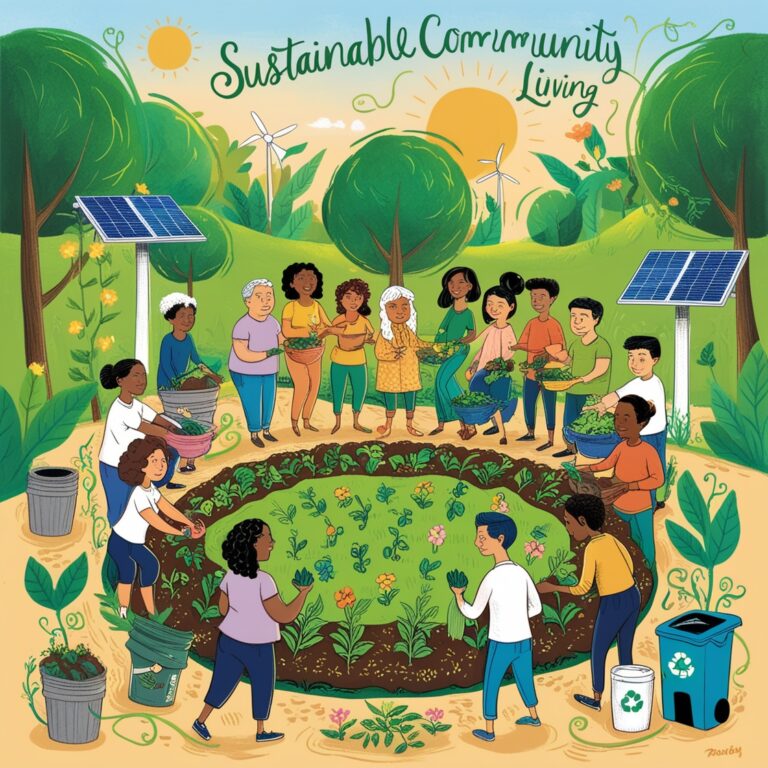
Reading through shows how traditions has enveloped till date…
x6m8k4